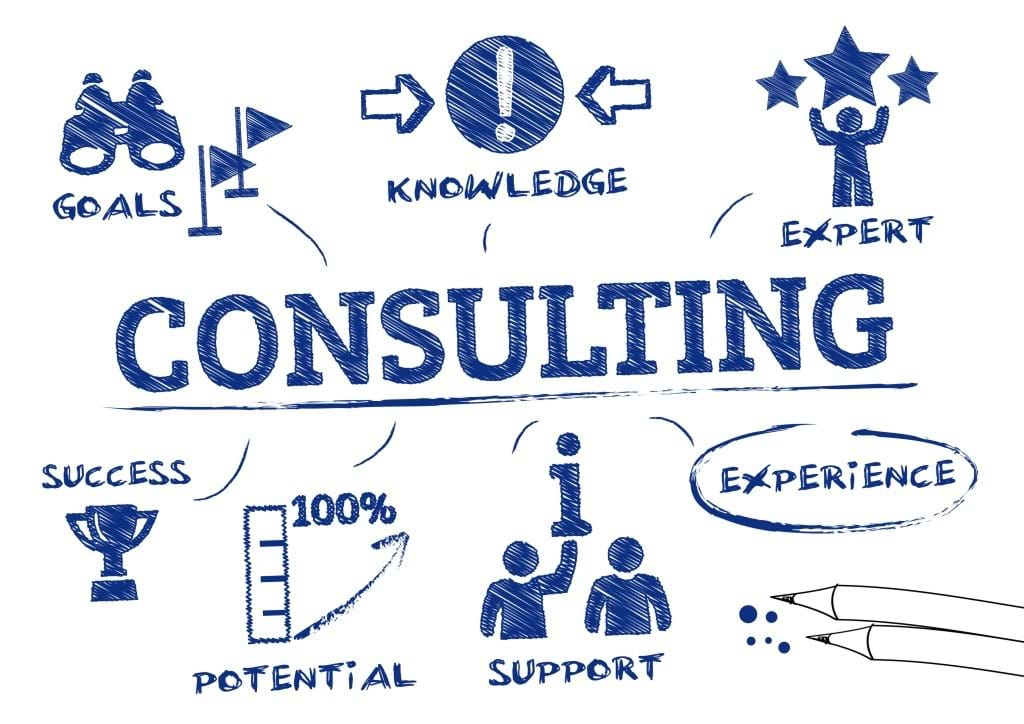Ten tips to become a chemical engineering consultant (Day 250)

1st February 2015

One important group of chemical engineers are consultants.
I recently logged in to listen to a very enlightening webinar organised by IChemE’s Consultancy Special Interest Group (SIG) called ‘Ask a Consultant’ which offered an insight into life as a chemical engineering consultant.
IChemE members Dr Andrew Campbell, Dr Martin Currie and David Hough gave the webinar and, from their comments, I have compiled a list of some of their tips on how to become a successful chemical engineering consultant. I'm sure there are many more, but here's ten things to think about and get you started:
1. Get experience

The best way to learn about the role of being a consultant is to get some experience, whether you complete an internship, shadow an experienced colleague or just learn on the job, the more experience you have the more you have to offer as a consultant.
2. Become an expert
One thing the consultancy SIG were keen to stress is that you don’t need a PhD to become a consultant, but you do need to be a specialist in the area you want to work in (otherwise why would anyone pay for your time?). This can come in the form of a PhD, but even more valuable are specialist technical skills acquired on the job or in the field.
3. Stay up-to-date
The best way to be the best at any job is to be on the cutting edge. In consultancy staying up-to-date with recent developments is essential to be able to offer your clients the best advice. I often stress the importance of life-long-learning but in consultancy this is necessary to stay ahead of the game and keep your skills sharp.
4. Soft skills count

The ability to be able to work with different people in different situations is an important skill. Being able to interact with successfully with people is all about good communication. Being able to work in a team and develop client relationships is key. Often we place too little emphasis on the importance of developing our soft skills but your ability to be an effective consultant is dependent on how well you use these.
5. Network
The best way to find out about new jobs and ideas is by meeting with other people. Networking is essential to consultants as it enables them to meet a huge variety of people and learn the language of the work that is just not possible if you stay in your office all-day-every-day.
6. Prioritise
Being a consultant is like doing two jobs in one. The first job is providing the technical information that you are offering the client and the second job is your business development work. The ability to differentiate and prioritise between the different kinds of work you perform everyday will make or break a consultancy project.
7. Be prepared to travel

One of the exciting and perhaps most demanding parts of being a consultant is that you may be called upon to work anywhere in the world. This can make life outside of work more difficult, but helps develops your experience much more rapidly.
8. Ask for help
Don’t ever be afraid to ask for help, there is always a community of people waiting to offer support, whether it is a group of your peers (eg IChemE Special Interest Groups) or a senior colleague, the only way to answer something you don’t know is to ask. An excellent way to get this support, no matter what stage your career is at, is to have a mentor.
Those taking part in IChemE’s Get Chartered scheme should have a mentor already but for specific consultancy support the Consultancy SIG have specialist mentoring scheme available to their SIG members.
IChemE also offers an excellent training course called Mentoring for Chemical Engineers if you want to help others and develop this important soft skill.
9. Be focused
Time management is essential to being a successful consultant and making money. The ability to clear your head and focus on the task in hand allows experienced consultants to multi-task and work on a number of projects at one time but still deliver top quality client services. You should think of every job as a mini project.
10. Leave a good impression
The most common way to get work as a consultant is if you did a good job the time before. Whether it is companies recommending you to a friend or asking you back to do more work this can only happen if you make a good impression.
Consultancy work can be performed in all sectors of chemical engineering and I think these insights from the Consultancy SIG can help us all understand better the steps we can take to become a consultant.
Members of the Consultancy SIG can listen to the webinar again on the SIG pages, however those of you thinking of becoming a consultant should think about joining the Consultancy SIG now as it is currently running a prize draw for its members, including seven star prizes of one-on-one consultancy sessions with experienced members of the SIG, but move quickly as the deadline is soon!
If you like to continue this discussion, why not contact the Consultancy SIG on LinkedIn and ask your questions.